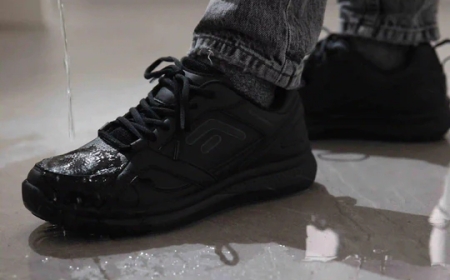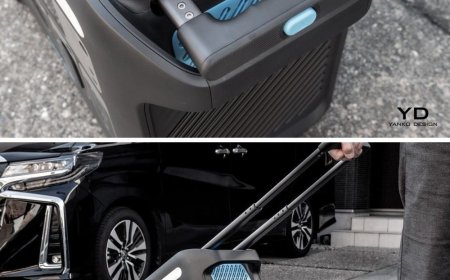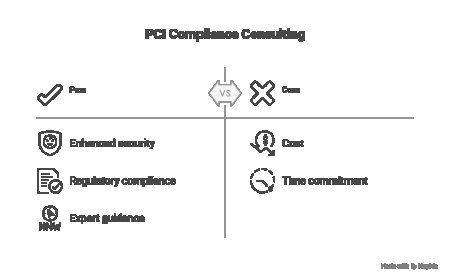Personal Injury vs. Workers’ Compensation - Key Differences
Learn the key differences between personal injury and workers' compensation claims, including eligibility, benefits, and legal rights.

In the event that you have been hurt either at the workplace or in life in general, you should know what legal remedies you have. Personal injury claims and workers compensation claims are two of the most popular types of compensation claiming.
Although they might appear to be similar, these legal courses have critical distinctions which influence your rights, your compensation and the manner in which you bring up the case.
What Is Personal Injury Claim?
An individual claim is a lawsuit that is brought about when someone has been injured owing to ignorance or wrongful behavior by another individual or organization. It may occur during a car accident, slip and fall in a shop, during a dog bite case or even in case of defective product.
In such instances the litigant who was injured should demonstrate that:
- The fault lay on the other party.
- It was their conduct (or failure to conduct) which was the cause of the injury.
- Damages resulted because of the injury and were to be met by medical bills or loss of income.
Among the significant characteristics of personal injury claims is that it enables the injured party to recover pain and suffering, emotional distress and, in certain instances, a punitive damage, which is intended to penalize the misdoer.
What Does Workers Compensation Claim mean?
Workers compensation refers to a state controlled insurance program in which benefits are availed to workers in the event of an injury or illness dealing with the course of their employment. In the workers compensation claim, fault is irrelevant unlike in the personal injury cases. The worker might still receive benefits even in an instance where he was also partly to blame about the injury.
They normally encompass:
- Payments of medical bills
- Partial wage replacement
- Temporary disability benefits (PD), and
- Rehabilitation or retraining assistance in case it is necessary.
Workers compensation is however less broad. It neither compensates on pain and suffering or emotional damages nor punitive damages. Also, damaged workers do not have the right to file a lawsuit directly against the employer, despite the fact that the injury is induced by the negligence of the latter.
Comparison between the two below -
1. Business:
The business aspect of difference relates to the categories of products or services that are being sold.
2. Culture:
The culture aspect of difference is concerned with the cultural differences related with specific products or services that are being marketed.
3. Marketing:
The marketing aspect of difference refers to the difference between the type of marketing that is done concerning specific products or services that are being marketed.
The following are the key differences in personal injury or worker compensation claims:
Fault -
Fault is an element that you have to prove that the other party has been at fault in the case of a personal injury. In a workman compensation claim, you do not need to show that there is any fault whereby compensation has to be paid.
Pain and Suffering -
Compensation Personal injury lawsuits enable an individual to be compensated due to the pain, emotional sufferings and inability to enjoy the enjoyment of life. These are non-economic damages that are not covered by the workers compensation.
Whom to Sue -
In personal injury case, you can sue the liable individually. Under workers compensation, you do not normally have a choice to sue your employer, although you might make a different claim in some scenarios, perhaps against a third party (e.g., a subcontractor, an equipment producer).
Damages -
In personal injury actions, there are wider compensations such as complete loss of wages and future earnings. Workers comp only covers a percentage of the wages lost as well as restrict other recovery means.
Lawsuits -
Claims based on injury to the person are frequently processed by the civil court; in the United States, workers compensation claims are processed by a distinct administrative process.
Is it Possible to File them Both?
Yessometimes. Suppose you were injured at work but the actual cause was third party, say a contractor and poor equipment, then you are entitled to both a workers compensation case as well as a personal injury case. This is referred to as third-party claim and could enable you to obtain greater compensation than what would have just been afforded to you by workers comp.
The importance of Legal Advice
It can be confusing to figure out which of the claims to file, or whether you should be able to file both. There are various rules and deadlines on every type of claim. By hiring aPersonal injury claim lawyers Perth. you will be able to have your rights safeguarded and be compensated every penny that you deserve.






































